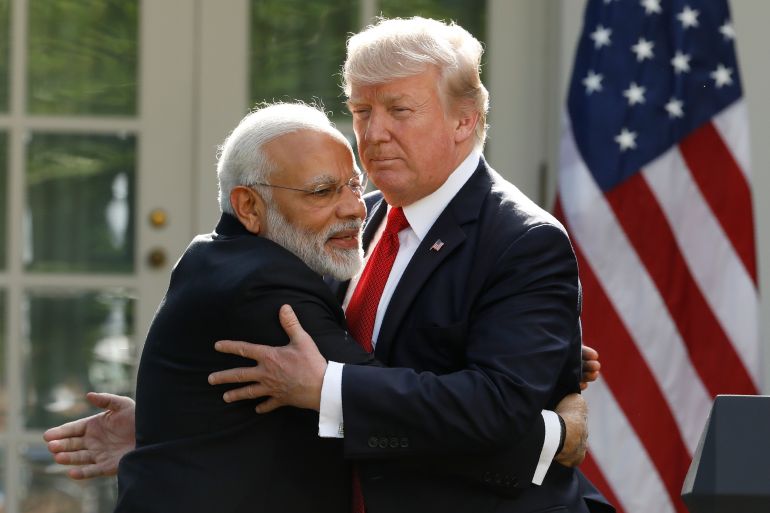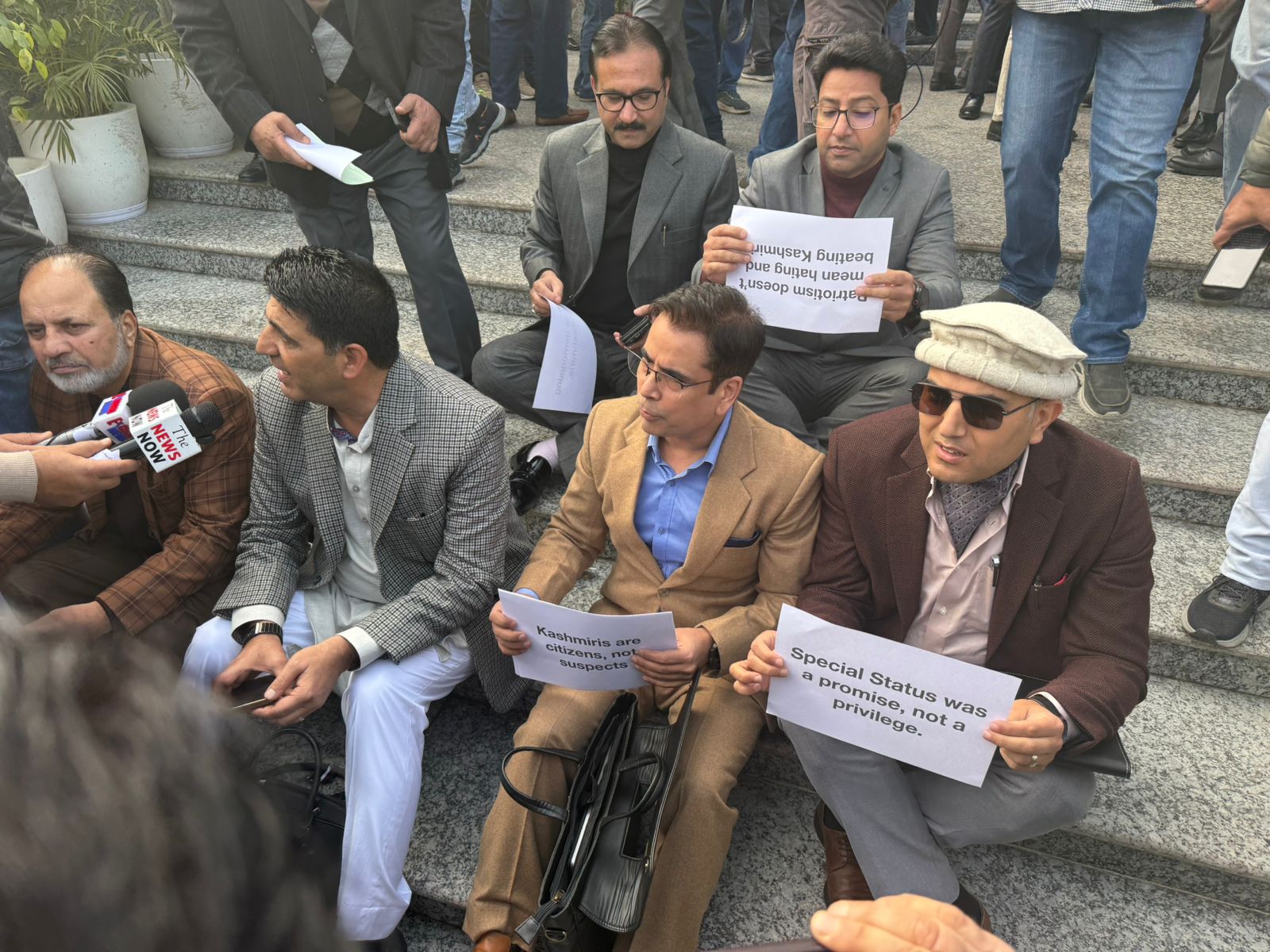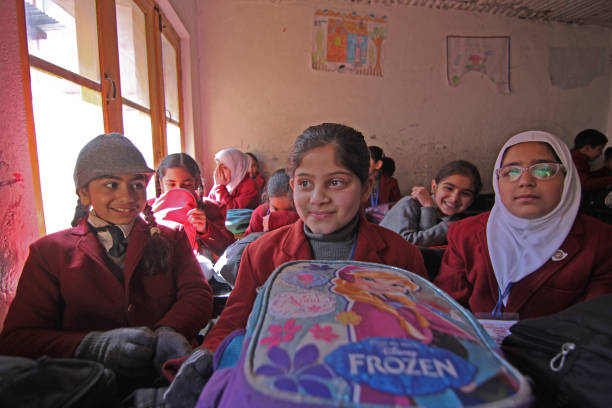In the tangled lanes of Srinagar’s old city, where stories breathe between bricks and whispers, a young man quietly began a journey that would soon shake the very foundations of deceit and digital crime. Harris Hameed Malla, a budding journalist with roots in the historic downtown area of the city, didn’t set out to be an investigative journalist — but the truth had other plans for him.
Harris, now in his mid-20s, began his career modestly, working behind the scenes with a local news agency. “At first, I didn’t even know what journalism truly meant,” Harris recalls.
A friend introduced me to it around 2021. I started with camera work, then slowly moved to reporting. I was just learning, absorbing.”
But life took a brutal turn. The sudden loss of his father shook him to the core, leaving Harris not just grief-stricken but bearing the burden of supporting his family. “That moment broke my back,” he says quietly. “But it also made me realise how hard life is for ordinary people — for those without jobs, for families barely surviving.”
What began as a means to earn a livelihood transformed into a mission. Harris turned his lens toward the vulnerable, the scammed, and the unheard — and soon, his bylines started to carry weight.
In the labyrinthine alleys of Habba Kadal, he unearthed a fake dentist scam that preyed on the health of unsuspecting locals. Then came his bold exposé of a honey trap network operating in the region — a story that put him on the radar of both the public and the perpetrators. But it was his most recent work — a bombshell report on the mule account scam— that has now positioned Harris as one of Kashmir’s most promising and fearless young journalists.
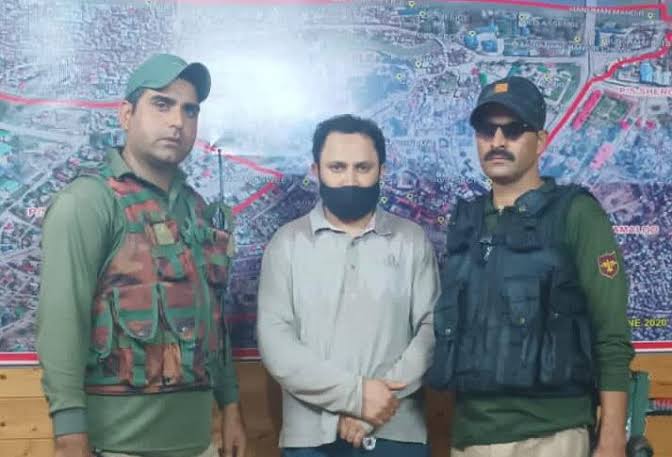
“Some days back, a few victims came to me — I knew them from my locality,” Harris recounts. “They said their accounts had transactions of over one million rupees. Their bank accounts were frozen. They told me they had shared their details after being promised daily commissions of ₹5000 to ₹10,000 through links on social media.”
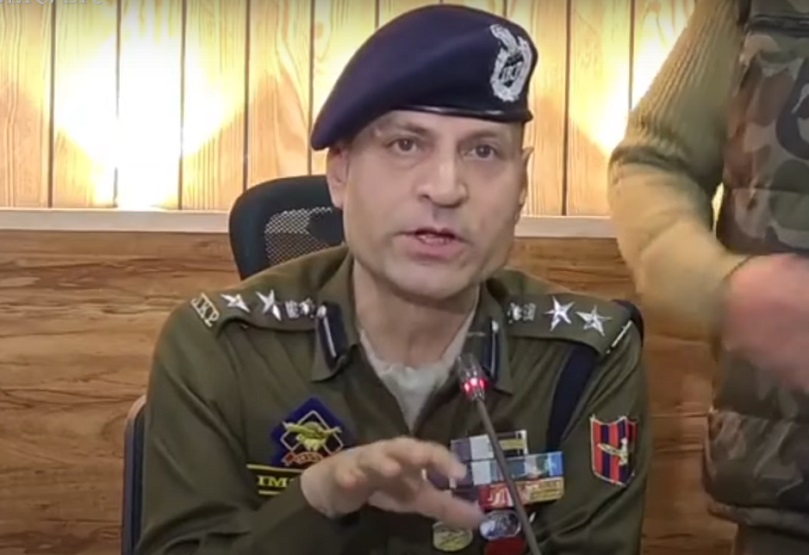
These were not isolated incidents. With mounting evidence and growing concern, Harris didn’t stop at reporting. He walked with the victims to the doors of the police and civil administration. His efforts bore fruit when SSP Srinagar launched a probe that eventually unearthed 7,200 mule accounts bank accounts rented out to cyber criminals for fraudulent transactions.
I’m sure the number is well over 20,000,” Harris says, his voice now echoing with purpose. “People fall for these traps out of desperation — unemployment, debts, social pressure. I just wanted to do something for them, to warn them, to expose those preying on them.”
According to SP Cyber Cell, Kashmir, Iftikhar Talib, “We had received a complaint, and the cyber team started an investigation. During the probe, we realised there are many mule accounts operating in the region. These are rented to cybercriminals, and victims are paid a commission. With support from the Indian Cyber Coordination Centre (I4C), we identified 3,400 accounts initially, then 7,200. We’ve arrested two kingpins and initiated action against 50 people so far.”
One of the victims who spoke to Harris, with his name withheld for protection, recalled,
We had an account in J&K Bank and got a message on social media. We were in debt. They promised commission if we gave our account details. We thought it was a way out. But all our money disappeared.”
What makes Harris’s work so powerful is his closeness to the ground — he isn’t an outsider parachuting in with a camera. He’s one of them. A boy from downtown, now carrying a microphone like a sword, exposing layers of deception with every report.
“I never wanted to be a journalist for the fame or the tag,” Harris says. “I just wanted to work for my people.”
In a valley often wrapped in silences, Harris Hameed Malla is letting the truth speak — one scam at a time.




